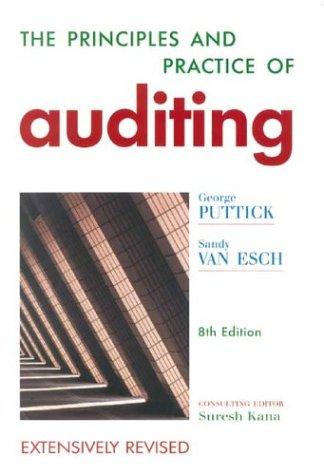Fill out the Boxes. Show work.



Analyze the effects of the events on the accounting equation of Al Shriver, CPA. Prepare the following financial statements: Income statement. Statement of retained earnings. Balance sheet. Shriver deposited $70,000 in a new business bank account titled Al Shriver, CPA. The business issued common stock to Shriver. Paid $350 cash for letterhead stationery for new office. Purchased office furniture for the office on account, $6,800. Consulted with tax client and received $1,800 for services rendered. Paid utilities, $260. Finished tax hearings on behalf of a client and submitted a bill for accounting services, $12,000. Paid office rent, $1,400. Received amount due from client that was billed on February 12. Paid full amount of accounts payable created on February 7. Cash dividends of $4,000 were paid to stockholders. Al Shriver recently opened his own accounting firm, which he operates as a corporation. The name of the new entity is Al Shriver, CPA. Shriver experienced the following events during the organizing phase of the new business and its first month of operations in 2014: Read the requirements. Requirement 1. Analyze the effects of the events on the accounting equation of Al Shriver, CPA. Analyze the events chronologically, one transaction at a time. Beginning with the transaction on the 6th, calculate the balance in each account after analyzing the effect of the transaction on the accounting equation. After calculating the ending balance of each account on the 28th, calculate total assets and total liabilities and equity. (Complete only the necessary answer boxes for your transaction lines. [Do not enter any zeros for your transaction lines.] Carry down all balances to the "Bal." line, including zero balance accounts, entering a "0" for any zero balances. Enter a decrease in an account with a minus sign or parentheses. Abbreviations used: A/P = Accounts Payable; A/R = Accounts Receivable; Com. = Common; Contr. = Contributed; Div. = Dividends; Exp. = Expense; Furn. = Furniture; Liab = Liabilities; Rev. = Revenue; Sup. = Supplies; Util. = Utilities.) Analyze the effects of the events on the accounting equation of Al Shriver, CPA. Prepare the following financial statements: Income statement. Statement of retained earnings. Balance sheet. Shriver deposited $70,000 in a new business bank account titled Al Shriver, CPA. The business issued common stock to Shriver. Paid $350 cash for letterhead stationery for new office. Purchased office furniture for the office on account, $6,800. Consulted with tax client and received $1,800 for services rendered. Paid utilities, $260. Finished tax hearings on behalf of a client and submitted a bill for accounting services, $12,000. Paid office rent, $1,400. Received amount due from client that was billed on February 12. Paid full amount of accounts payable created on February 7. Cash dividends of $4,000 were paid to stockholders. Al Shriver recently opened his own accounting firm, which he operates as a corporation. The name of the new entity is Al Shriver, CPA. Shriver experienced the following events during the organizing phase of the new business and its first month of operations in 2014: Read the requirements. Requirement 1. Analyze the effects of the events on the accounting equation of Al Shriver, CPA. Analyze the events chronologically, one transaction at a time. Beginning with the transaction on the 6th, calculate the balance in each account after analyzing the effect of the transaction on the accounting equation. After calculating the ending balance of each account on the 28th, calculate total assets and total liabilities and equity. (Complete only the necessary answer boxes for your transaction lines. [Do not enter any zeros for your transaction lines.] Carry down all balances to the "Bal." line, including zero balance accounts, entering a "0" for any zero balances. Enter a decrease in an account with a minus sign or parentheses. Abbreviations used: A/P = Accounts Payable; A/R = Accounts Receivable; Com. = Common; Contr. = Contributed; Div. = Dividends; Exp. = Expense; Furn. = Furniture; Liab = Liabilities; Rev. = Revenue; Sup. = Supplies; Util. = Utilities.)









